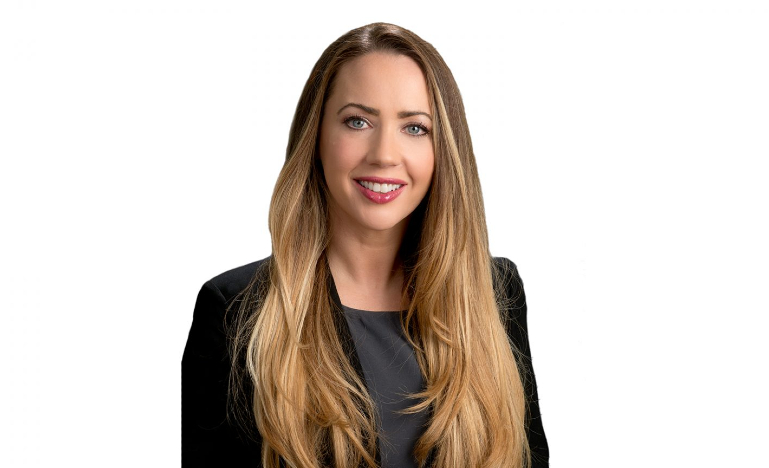Modern Law podcast: Dr. Carys Craig on AI and the copyright trap
The Director of IP Osgoode joins us to discuss whether copyright is the appropriate regulatory tool to address the use of generative AI.

One of the significant controversies about AI is the impact of generative software on the use and production of cultural works. The fast-growing popularity of these tools raises big questions about the ethics of AI-generated works and whether they amount to a technologically advanced form of plagiarism. Lawsuits have been popping up around the world as artists, as well as corporate interests, claiming infringement of their intellectual property rights. (A U.S. federal court ruled back in August that art created by AI without any human input cannot be copyrighted under U.S. law).
The question is whether copyright should be the appropriate regulatory tool to determine these questions.
In fact, as listeners will hear from our guest today, the novelty of generative AI raises many questions about the socio-economic dynamics of cultural production – and whether it might not be time to re-examine the role of copyright law in encouraging and incentivizing creativity.
Dr. Craig is Osgoode Hall Law School’s Associate Dean of Research, and she’s recently stepped into the role of Director of IP Osgoode, which is the school’s Intellectual Property Law & Technology program. She joined the faculty at Osgoode Hall Law School in 2002 and is the is the author of Copyright, Communication & Culture: Towards a Relational Theory of Copyright Law (2011), among other writings. In 2018, she held a MacCormick Research Fellowship at the University of Edinburgh. She teaches JD, graduate and professional courses in the areas of intellectual property, copyright and trademark law, and legal theory.
Please listen on your preferred streaming service (Apple, Google, Spotify) or in the embedded audio below
To contact us (please include in the subject line "Podcast"): national@cba.org


